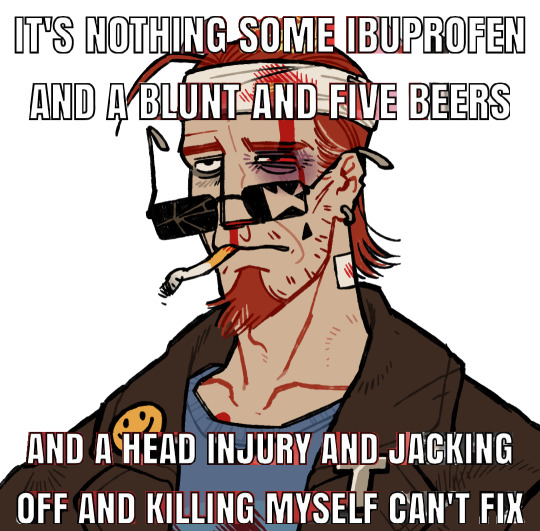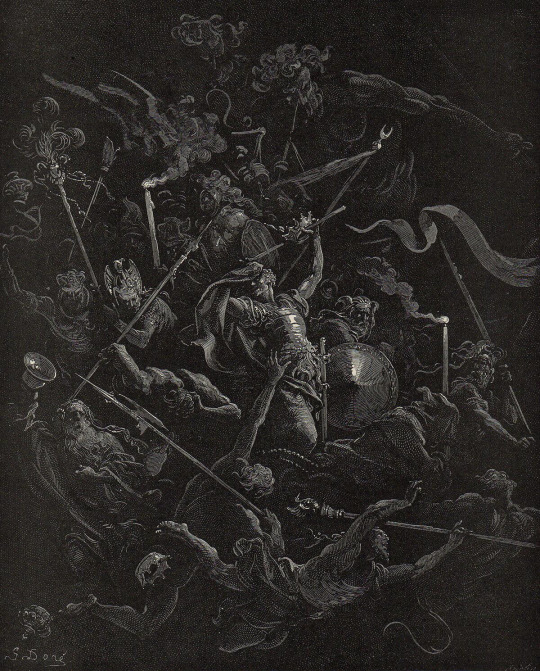#paradise lost….
Explore tagged Tumblr posts
Text
i love you professionally published books that started out as fanfiction
#I HAVE SO MANY EXAMPLES#heartstopper was a modern merthur au#the love hypothesis was reylo#and the mortal instruments was…. draco/ginny….#paradise lost….#fangirl by rainbow rowell (and carry on) was clearly drarry#fifty shades of grey lmao#talk tag
12 notes
·
View notes
Text



post-graduation trip airport looks
#my art#jujutsu kaisen#jjk#jjk fanart#yuji itadori#megumi fushiguro#fushiguro megumi#nobara kugisaki#itafushikugi#jjk spoilers#jjk manga spoilers#jujutsu kaisen fanart#these took ages but fr once i am choosing to forgive myself given th fact tht i was coming out of A State when i drew them#im normal now dw drawing the first years wearing merch of my comfort content fixed me#when in doubt play dress up. life hack#i am holding fast 2 my hc tht megumi is a fiend @ indie platformers and is a household name on the celeste speedrun leaderboards#argue with a wall this is my jujutsu kaisen#megumi designated Drink Runner also#alr in line at a cafe texts their gc 'what do you guys want' n gets mad @ nobara fr making him go to a Second shop 2 get her bubble tea#anyway theres not much 2 say abt these just bc i needed sth Light n Easy 2 get me out of my head#no lore to fashion pieces which is both a blessing and a curse but it Is what i needed#nobara serving looks fr a flight i love u so much. it's probably 8 in the morning n she is in a fully coordinated fit#its so criminal tht we don't have more alt hairstyle official art fr her???? iirc it's Just the lost in paradise mv with her in buns no????#robbed. i am fixing it immediately.#wonder where the 3 of them wld go on a trip
16K notes
·
View notes
Text

Let's get into the shower together... :)
#couple#intimate#intimacy#touch#romantic#desire#kissing#kiss#romance#damn hot#so hot 🔥🔥🔥#i need you#need this#want#me n who#need need need#me and who#you and me#eroticlover#tongue kissing#kissing him#kisses#omg#couple goals#so damn sexy#sweet kisses#bathroom#lost in paradise#craving intimacy#passion
7K notes
·
View notes
Text

even if I came to love humanity in the end, there’s no proof I was ever here, right?
#omniscient reader's viewpoint#orv#kim dokja#yoo joonghyuk#my art#slow downer lyrics..i am applying them to dokja#please..i cant put the entire song lyrics but my god#'i called out an incoherent name in this new old world'#'i loiter in paradise the hope i was accustomed to blocked off my path of retreat'#literally agonised me#maybe this doesnt even make sense#the yjhs standing on the subway yellow lines overlooking the edge#but i kinda lost the plot here#its ok#havent even finished orv yet but whenever i think about the very concept of dokja i lowkey kms in my head for 80000 years#also 52hz's 'a dreamless sleep'#i guess just the sense of being untethered to the world with just this one thing keeping you still here#hits me hard#wait i linked the original slow downer version but obviously (see username) the niigo one is leagues better
3K notes
·
View notes
Text


Get this wet rat man OUT of my brainfolds, plEAse
Ilhsm
2K notes
·
View notes
Text
Ah yes, my favourite Bible fanfics, in no particular order
"Paradise Lost", John Milton
"Divine Comedy", Dante Alighieri
"Good Omens", Terry Pratchett and Neil Gaiman
#fanfiction#fanfic#fanfic recommendation#Bible#go#good omens#neil gaiman#terry pratchett#divine comedy#dante alighieri#paradise lost#john milton
4K notes
·
View notes
Text


John Martin (1789-1854) - Pandemonium, 1841
#john martin#paradise lost#pandemonium#john milton#19th century#victorian gothic#biblical horrors#satan#demons#hell#inferno#religious art#art#painting
3K notes
·
View notes
Text

In Praise of the Stygian. The twisted world of Lilith de Luna. As darkness settles in, ask yourself: Do you run from it, or do you hide?
#goth#metal#gustave dore#hell#satan#satanic#dark aesthetic#darkness#macabre#horror#gothic#goth aesthetic#literature#paradise lost#milton#john milton#inferno#lucifer#lucifer morningstar#hail satan
2K notes
·
View notes
Text

Chaos watches as the Rebel Angels are thrown into Hell (Milton's Paradise Lost)
by Gustave Doré
#gustave doré#art#paradise lost#john milton#chaos#fallen angel#fallen angels#war#battle#heaven#paradise#hell#lucifer#satan#angel#angels#demons#christianity#christian#religion#religious art#crown#sceptre#fall#fallen#rebellion#armour#shield#bible#biblical
3K notes
·
View notes
Text

Paradise Lost: Satan in Council (1866/steel engraving) - Gustave Doré
1K notes
·
View notes
Text

Friday be like “I found you faker!”
#my art#postal dude#postal#postal 2#postal 3#postal 3 dude#postal 2 dude#postal paradise lost#running with scissors
521 notes
·
View notes
Text
(trying not to be banned, but-)

• "Have you heard about the Supreme Archangel and the demon Crowley?" •
(I'll have Archangel Aziraphale WITH BEARD one way or another)
Notes: quote is from Milton's Paradise Lost (of course) ✨but✨ did you know that in my language (italian) the translation of "how awful goodness is" is literally "quanto osceno fosse il bene", meaning...
*cough cough*
"How 🔥obscene🔥 Good was" (*nosebleeding*)
Better go back drawing innocent stuff, like... the Cats!
#good omens#spicy omens#ineffable husbands#good omens fanart#good omens fandom#ineffable husbands fanart#heohlart#aziraphale#crowley#good ineffable omens#aziracrow#azicrow#digital art#good omens art#good omens comics#good omens comic#paradise lost#supreme archangel aziraphale#anthony j crowley#aziraphale and crowley#aziraphale x crowley#crowley and aziraphale#good omens au#good omens reunion#good omens season 3
598 notes
·
View notes
Text



screenshot drawings...? not sure what kinda genre of this drawing stuff honestly but i like it so whateverrr lmfao
(EDIT: I FORGOT TO PUT GREY HAIR ON P4 IM SO DOOPID)
560 notes
·
View notes
Text

Lost Souls Paradise | Instagram
#lost souls paradise#exploring#get lost#nature#paradise#mountain#landscape#lost souls#explore#adventure#snow#mountain range#lake#reflection
2K notes
·
View notes
Photo


Survey Map of a Paradise Lost (Hisayasu Satô, 1988)
#kiyomi itō#survey map of a paradise lost#ハードフォーカス 盗聴<ぬすみぎき>#hisayasu satô#caps#atp i start cheering when she shows up in his movies
2K notes
·
View notes
Text
Random demon: Best king to choose as your child's father.
MC: ...
MC: Mammon.
The other kings: ...
WHB Mammon: *smirks*
Bimet: Of course. I mean, who would be better than His Majesty Mammon?
Foras: His Majesty Leviathan!
MC: Nope. My child will just get insecure about themselves.
Sitri: How about His Majesty Satan, Solomon?
MC: He's my second best option, but I can't be angry always.
Bael: ...
Bael: Yeah. His Majesty Beelzebub will be an absent father.
Amon: *frowns in disagreement*
Gamigin: H-How about His Majesty Lucifer?
MC: ...
MC: Does he even like me to begin with?
The demons of Paradise Lost: Yes.
WHB Lucifer: ...
MC: ...
MC: Okay. He can be the third on my list.
Bimet: His Majesty Mammon should be the only one in your list, human!
WHB Mammon: What my master wants, my master gets.
#what in hell is bad#whb mc#whb mammon#whb kings#whb bael#whb bimet#whb sitri#whb gamigin#whb paradise lost#whb lucifer#whb amon#whb foras
1K notes
·
View notes